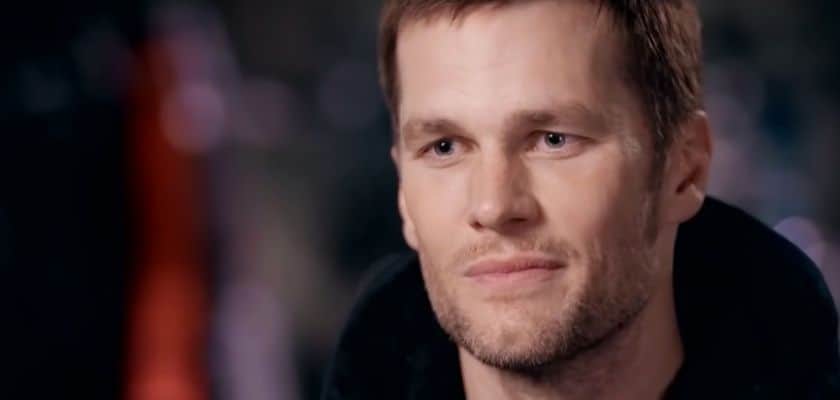Justin Goldman, the photographer of a photograph showing US footballer Tom Brady and Celtics basketball club general manager Danny Ainge, has settled with all those media outlets who have used this picture by means of embedding it, and without his permission.
Goldman, happy with the settlement, told a judge in New York the case was “no longer worth litigating,” Forbes writes.
But, isn’t it? At least, looking at the broader picture of a chance to determine once and for all whether embedding an image onto a website that is located, and linked to, on another – without explicit permission from a copyright holder – actually equals copyright infringement.
Left in a limbo of this latest settlement, internet users in general, and media and publishers, in particular, will have to look to new trials coming soon as new opportunities to resolve this murky issue, that could strike a blow to the very very heart of the web and the way it functions today.
Goldman’s adventure began in 2016 when he took the picture of Brady and Ainge walking in New York and posted it on Snapchat. But fans and the media weren’t merely star-struck when they shared the image to the point it made it viral: they suspected Brady was involved in a deal to bring Kevin Durant to the ranks of the Celtics.
Such a high-profile hypothesis could hardly have been overlooked by major news media – including Time, Vox, Breitbart, Boston Globe, etc – and they all picked up some embed code from Twitter, where the picture was eventually shared by users.
Goldman then sued for copyright infringement – and won in early 2018, when a federal district judge in New York ruled against the defendant’s argument that since they didn’t host the image, they did not infringe.
An appeal was dismissed as unwarranted, and the case was eventually settled.
The New York court ruling came as an unpleasant surprise to media outlets, because a previous case in California, known as “Server Test,” was thought to have settled this matter in favor of embedding. The case established a rule of liability depending on where the content is stored.













